OPINION –
No one wants to see child trafficking. We have a duty to acknowledge it, but one imagines that looking too closely might deliver a blow to our psyches from which we couldn’t recover.
Go see Sound of Freedom anyway. It’s a grand adventure, spanning several continents, that keeps you drawn like David’s slingshot. The good guys working for God are few and small; the bad guys that freeze your corpuscles are savage Goliaths; the mission to save the children is biblical. And, as in every story graced by God, there is hope.
Jim Caviezel stars as the real-life Tim Ballard, a federal agent pursuing child sex predators. When Ballard extricates a young Honduran boy being trafficked over the Southern border, he learns that the boy’s sister has been left behind. The plaintive eyes of the boy beg him to save her. Time is short, since kidnapped children are shipped around the world without a paper trail; when they’re gone, they’re long gone. Ballard quits his government job and journeys deep into the Colombian jungle to save one little girl sucked into a massive, darkened network.
From the beginning of the movie, you care terribly about Miguel and Rocío, the sweet Honduran children who have been snatched by slavers. These two are bright, loving kids who don’t stand a chance. They are you and me, our kids and grandkids. They are the luminous gifts from God that are each one of us. They are innocent souls thrown into the mouth of a flaming machine.
The first question Ballard asks the recovered boy is: “What is your name?” Traffickers rename kids in order to erase their identity as a member of a particular family. Then they send them into their new life with names that market their entertainment value: Teddy Bear, Little Bunny, Princess. The first step in every child recovery is that central question: “What is your name, your real name?”
The child actors are remarkable in their simplicity. Silently, their eyes first convey bright hopes, then captive helplessness and sorrow. So much depth with so few words. Adult actors could envy the screen presence of these kids.
Miguel is 7 and a soccer player; Rocío is several years older, a beautiful girl who sings charmingly, attracting the attention of a harvester, an agent who funnels children into sex slavery. According to director Eduardo Verástegui, the child actors were shielded from knowing the full plot of the movie, so their expressiveness is all the more remarkable, and their innocence is not feigned.
By the time an adult procures a child for sex, they are twisted beyond anything we would care to contemplate. The film mercifully gives no graphic detail, with almost delicate cutaways that veil the horror from our view. The context is enough.
Perhaps because the theme is so disturbing, the filmmakers have tenderly crafted every aspect of the movie, like a bride surveying herself in the mirror before she walks down the aisle, attentive to every detail: the brilliant colors, the dramatic light, the lush scenery. There’s a moodiness in the cinematography that suits the story. Even scenes shot in poor neighborhoods of Honduras are kaleidoscopic, with the hues of a Mexican serape: turquoise, gold, blood orange.
Ballard’s trip downriver in pursuit of the girl is like shooting down the vein of a leaf in a microscopic canoe, through raw chlorophyll. The whole movie is a visual love song, a wistful aria sent out on ethereal night winds to perhaps graze the dreams of lost children everywhere with a whisper of hope.
Ballard travels to Columbia, the largest coca producer in the world, to recover Rocío. There are peripheral references to drugs, like field workers hauling leaves into camp, and workers stomping them like wine grapes. This is the primitive way that cocaine gets its start: leaves mixed with a solution of ammonia and lime, stomped into a mush, to which gasoline is added. When dried, it yields coca paste, which goes up the line to a purifying facility, while all the residual dreck is dumped into the once-pristine rivers of this beautiful country.
Human trafficking supplies three markets: sex, labor, and organs. The youngest victims are sold into the sex trade, where a premium is paid for youth. When kids age past puberty and command a lesser price, they can be used as slave labor in illegal drug production, mining for dangerous elements like lithium, and other work that people would not do without coercion. Eventually—and slaves don’t have long lives—the organs of those who have no say in their own fate are sold. It’s the economy of the damned.
The audience might hope, based on the characters of the movie, that this is strictly a Third World problem. It’s not. The United States is the largest consumer of child sex in the world. Hundreds of thousands of American children go missing every year, and an unknown number are Hoovered up by the slave trade. Cities like Los Angeles, Miami, Houston, and New York, among others, are loci of child sex trafficking.
The rescue shown in the movie was the first op of Operation Underground Railroad, a non-profit organization founded by Ballard. O.U.R. has now rescued thousands of kids. Since the highest levels of our society are protecting, and profiting from, child trafficking, this movie is a boon for Ballard and others who work to save children. If Sound of Freedom is widely seen, it has the power to mobilize an army of decent people who will no longer tolerate their leaders and celebrities profiting from the victimization of children.
The film was completed in 2019, set to release in 2020, then there was a long silence. It turned out that Disney had acquired the studio that produced the film—and eighty-sixed it. The film sat like an orphan under the stairs for a couple more years, until Angel Studios, now a player due to the success of The Chosen, rode in like Joan of Arc and picked it up for release. When you go to see it in July, you’ll be participating in a kind of miracle; this movie rose from the dead.
Jim Caviezel thinks the film will change the world. May it be so! It wouldn’t be the first time storytelling altered the trajectory of history. When Uncle Tom’s Cabin was published in 1852, slavery in the United States was not even mentioned in polite society. But once slavery was given a human face in the characters of Eliza and Tom, people cared so much that they laid everything on the line to free the enslaved.
As Tim Ballard says, “In the end, stories will be the solution to rescuing children.” See the movie. Hear the story. Break the silence. Save the children.
The movie arrives in theaters on July 4. Tickets are available in advance here.

Sheryl Collmer is an independent consultant for several non-profit organizations. She holds a Masters in Theological Studies from the University of Dallas, as well as an MBA. She lives in the diocese of Tyler, Texas and also serves as CFO, co-coordinator of Region 8, and national news editor for CORAC.


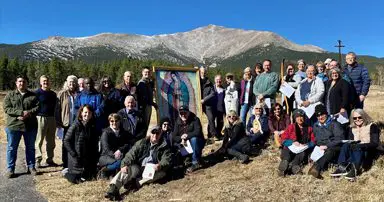



























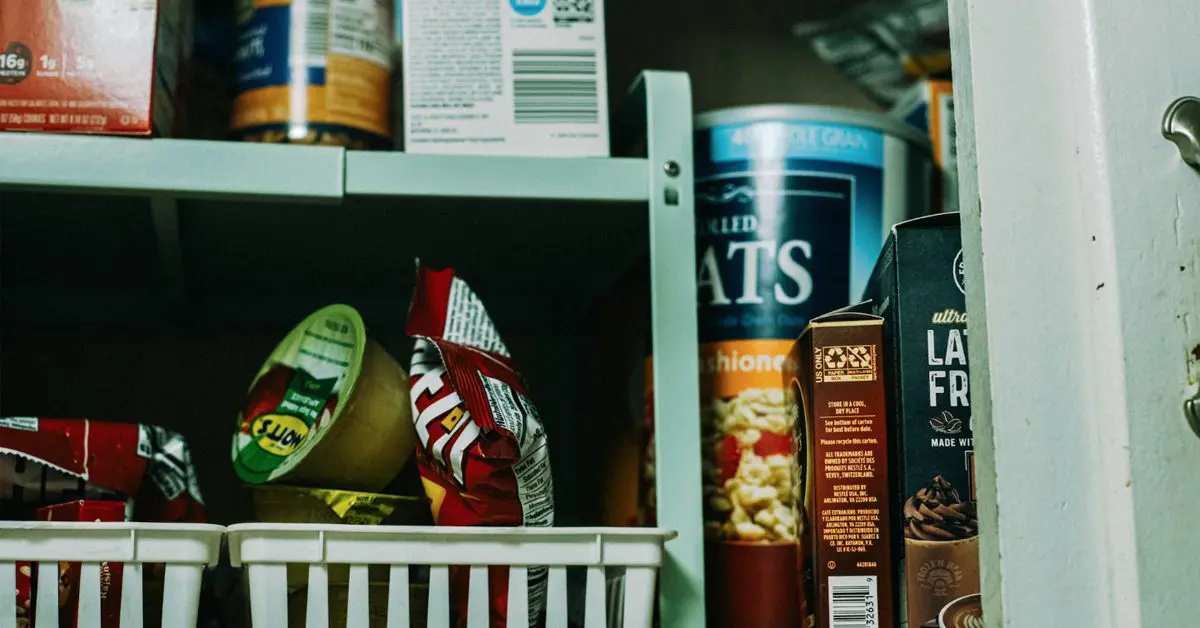

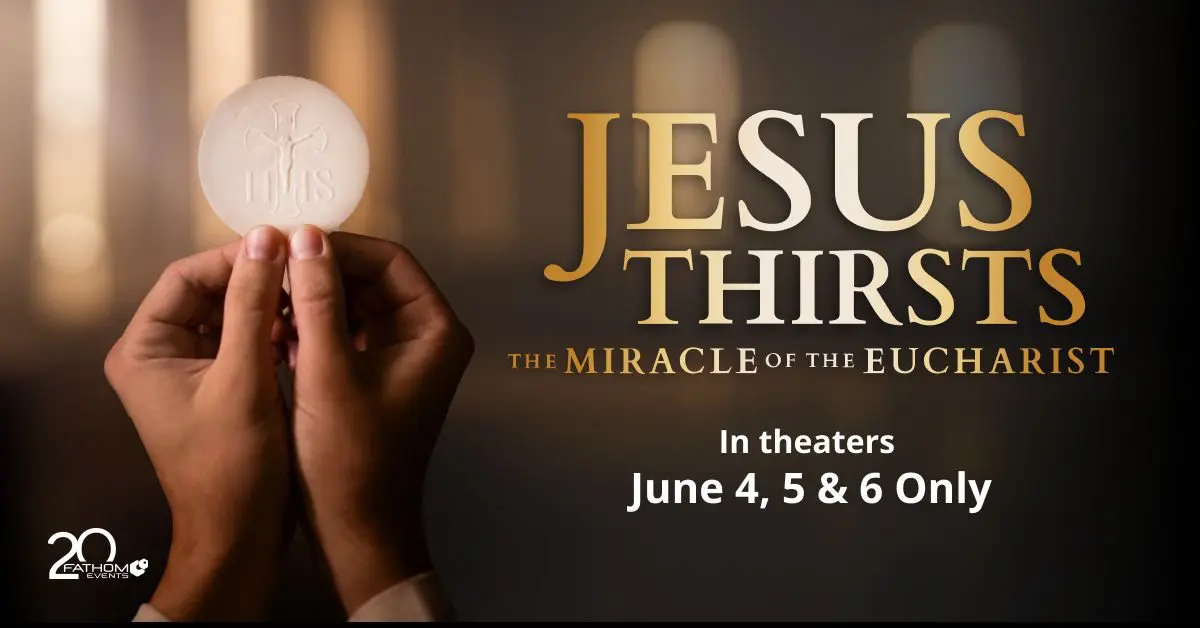


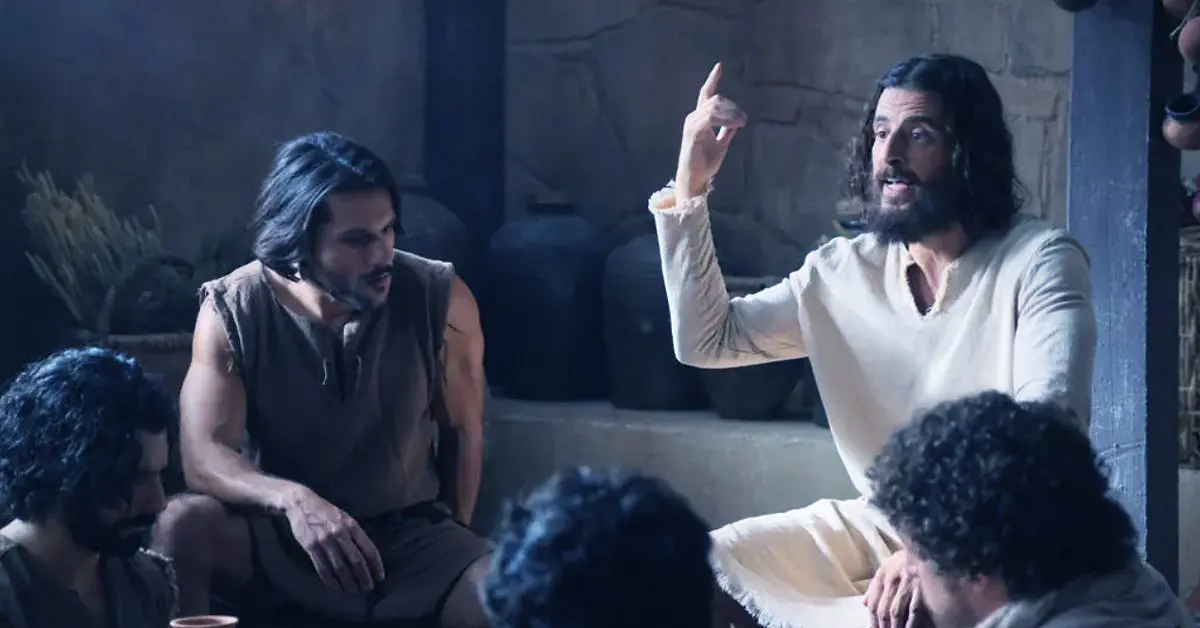
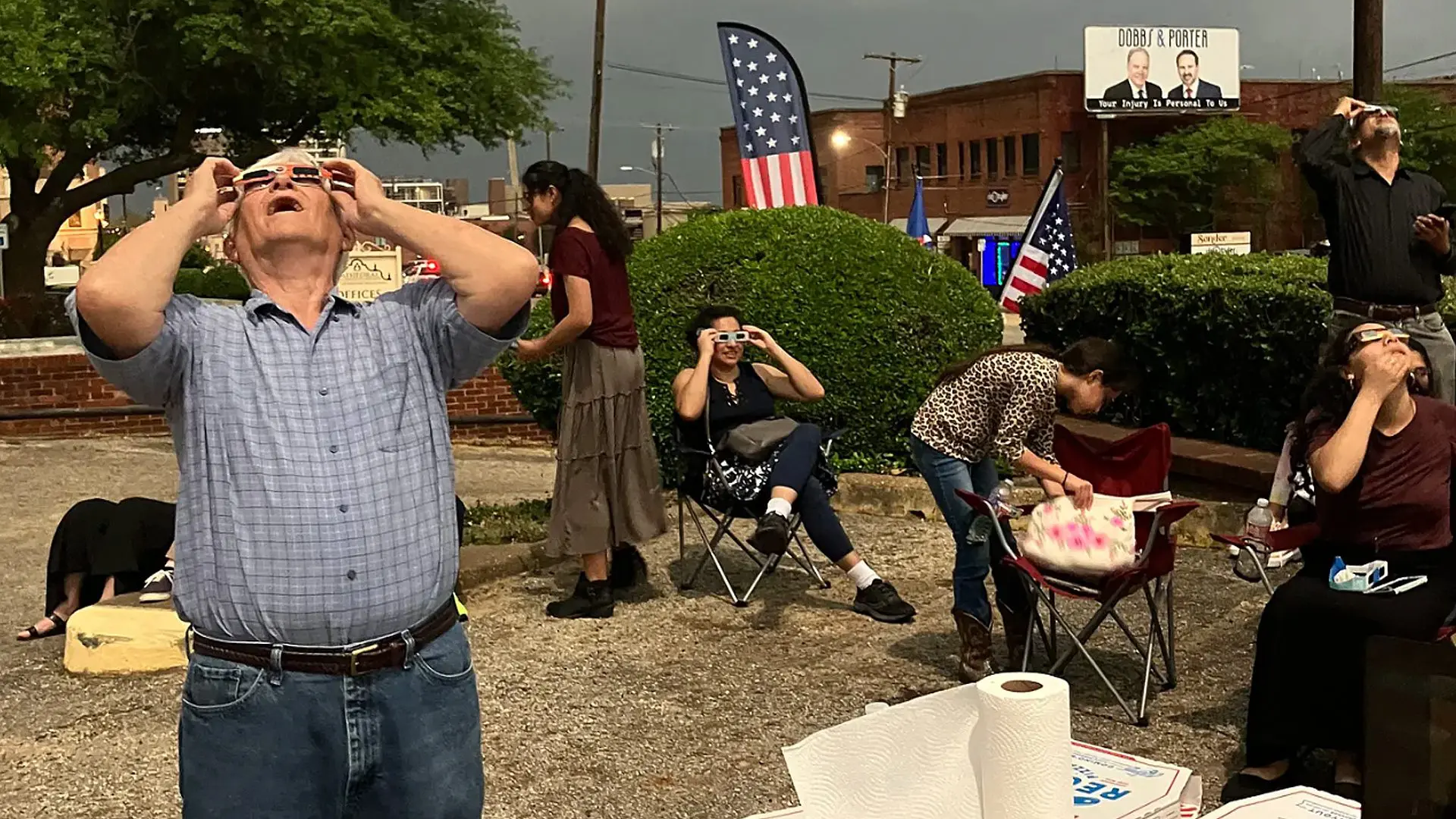






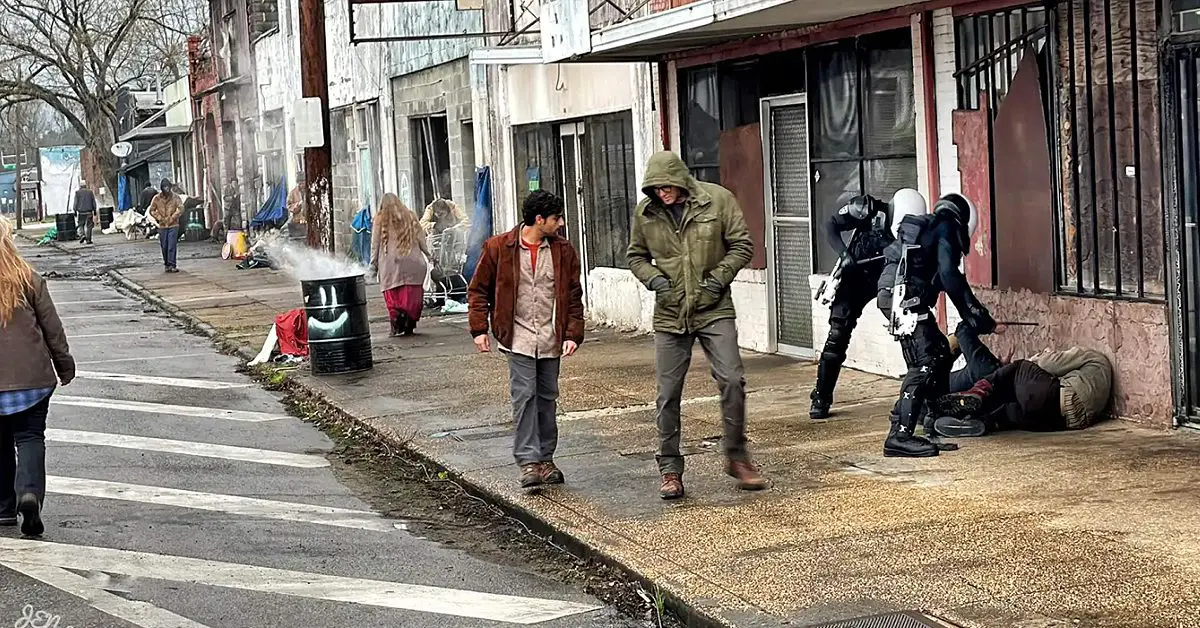





0 Comments